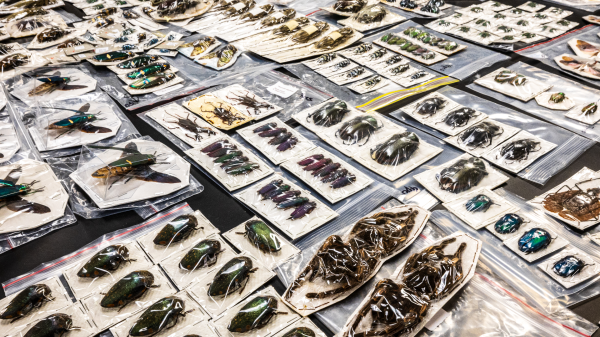ASU epidemiologist addresses possible dengue fever outbreaks at World Cup
In the last 15 years, around seven million Brazilians have been sickened by the mosquito-borne virus known as dengue, or breakbone, fever.
As the start of football’s World Cup nears – held this year at 12 sites in Brazil – international visitors are pouring into the equatorial nation, and epidemiologists and public health officials are preparing for dengue outbreaks.
Arizona State University epidemiologist Gerardo Chowell-Puente says the severity of outbreaks is tied to temperature, which affects how prolifically mosquitos breed, as well as the length of time it takes for the virus to become transmissible in new vectors.
Since the World Cup is spread among 12 locations with differing climates, the levels of disease are bound to fluctuate.
“Brazil has a wide range of latitude, and some cities will have outbreaks but they will not take place in others,” explains Chowell-Puente an associate professor in the School of Human Evolution and Social Change in the College of Liberal Arts and Sciences.
A predictive study spearheaded by Rachel Lowe of the Catalan Institute of Climate Science indicates that the coastal cities of Recife, Portaleza and Natal will harbor the largest outbreaks, and Sao Paulo and Brasilia will see the least amount of disease.
Article source: The Why FilesMore ASU in the news

ASU makes progress toward establishing new medical school, could admit students by 2026

How to Make Urban Agriculture More Climate-Friendly
